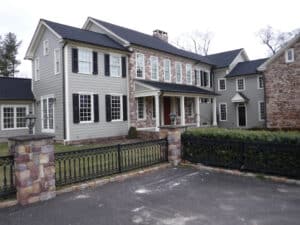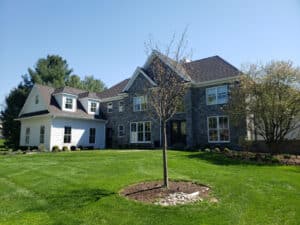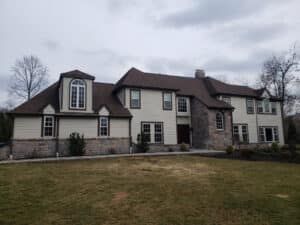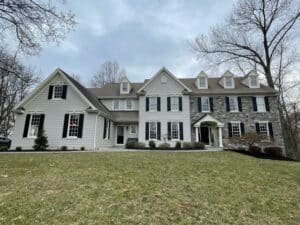A common misconception among contractors and owners is that their commercial general liability insurance policy covers property damage caused by faulty workmanship. Pennsylvania breaks with many other states in holding that property damage caused by faulty workmanship is not an “occurrence” as defined in most CGL policies.
In Kvaerner Metals Division of Kvaerner U.S., Inc. v. Commercial Union Insurance Co., 908 A.2d 888 (2006), the Pennsylvania Supreme Court of Pennsylvania was asked to decide whether a claim of faulty workmanship could constitute an “occurrence” under commercial general liability policies. The policies at issue defined an “occurrence” as an “accident, including continuous or repeated exposure to substantially the same or general harmful conditions.” Because there was no definition of accident in the policies, the Supreme Court used a dictionary definition, observing that “[t]he key term in the ordinary definition of ‘accident’ is ‘unexpected’ ” and that “[t]his implies a degree of fortuity that is not present in a claim for faulty workmanship.” There the Court there held:
We hold that the definition of “accident” required to establish an “occurrence” under the policies cannot be satisfied by claims based upon faulty workmanship. Such claims simply do not present the degree of fortuity contemplated by the ordinary definition of “accident” or its common judicial construction in this context. To hold otherwise would be to convert a policy for insurance into a performance bond. We are unwilling to do so, especially since such protections are already readily available for the protection of contractors.
Becausae Kvaerner’s holding was limited to claims of damage to the work product itself. Id. at 900. It left open the question of whether damage to property other than the work product itself resulting from faulty workmanship might constitute property damage caused by an “occurrence” under a commercial general liability policy.
A year later in Millers Capital Insurance Co. v. Gambone Bros. Development Co., 941 A.2d 706, 713 (Pa.Super.Ct.2007), the Pennsylvania Superior Court addressed the question left open by Kvaerner. There, the parties disputed whether an insurer had a duty to defend against claims for damages to property arising out of faulty workmanship. Specifically, the complaint alleged that faulty workmanship in constructing the exteriors of homes led the stucco exteriors to fail and resulted in “ancillary and accidental damage caused by the resulting water leaks to non-defective work inside the home interiors.” The insureds conceded that, under Kvaerner, the damages to the exteriors of the homes was not caused by an “occurrence” but argued that the damage to the interior of the homes was nevertheless caused by an “occurrence” because the rainfall constituted an “occurrence.”
The Superior Court disagreed and based on Kvaerner, held “that natural and foreseeable acts, such as rainfall, which tend to exacerbate the damage, effect, or consequences caused ab initio by faulty workmanship also cannot be considered sufficiently fortuitous to constitute an ‘occurrence’ or ‘accident’ for the purposes of an occurrence based [commercial general liability policy].”
Then, in Specialty Surfaces Int’l, Inc. v. Cont’l Cas. Co., 609 F.3d 223 (3d Cir. 2010) the Third Circuit was asked whether an carrier had a duty to defend based upon allegations in a complaint that the faulty workmanship caused damage to property other than the work itself. Relying on Gambone the Third Circuit held “that natural and foreseeable acts, such as rainfall, which tend to exacerbate the damage, effect, or consequences caused ab initio by faulty workmanship also cannot be considered sufficiently fortuitous to constitute an ‘occurrence’ or ‘accident’. . . Thus, damages that are a reasonably foreseeable result of the faulty workmanship are also not covered under a commercial general liability policy.”
The take away? Talk to your insurance agent to make sure you are getting coverage for damages caused by faulty workmanship. Many carriers offer a “Kvaerner” rider which provides coverage for damage caused by faulty workmanship.













